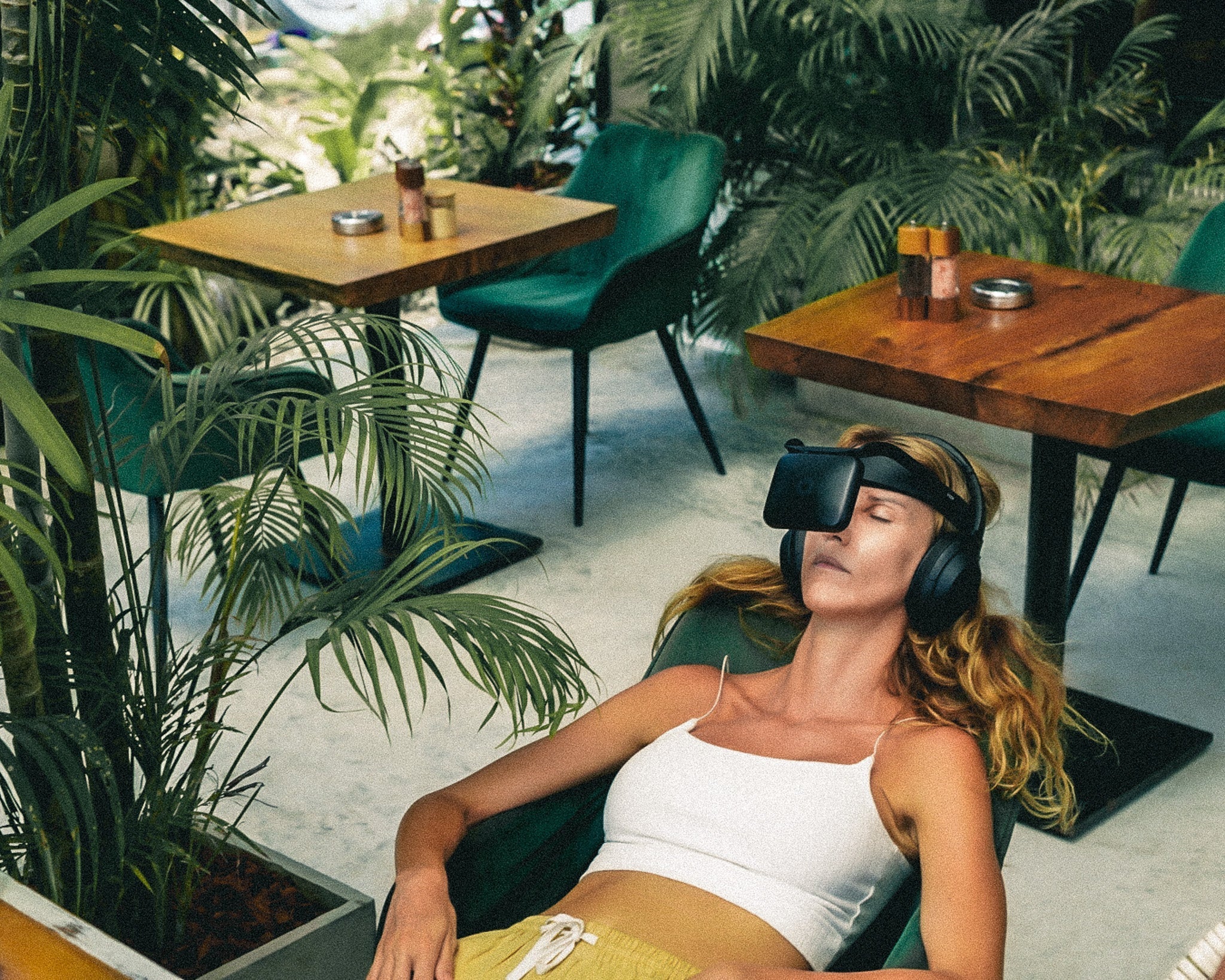Sleep and Circadian Rhythm – The Hidden Architecture of Our Lives
Sleep is often reduced to a number, the hours we spend in bed. But beneath this surface lies a far more complex system called the circadian rhythm, the body’s natural 24-hour clock. This rhythm is not just about sleep, it orchestrates nearly every aspect of our biology from hormone release and metabolism to memory consolidation and emotional balance. In essence, it is the hidden architecture of our daily lives.
What is Circadian Rhythm
The circadian rhythm is the internal cycle that aligns our body with the rising and setting of the sun. In a balanced state, energy rises in the morning, focus sharpens during the day, and the body naturally winds down in the evening. This synchronization allows us to function at our best both physically and mentally. According to Harvard Health, circadian rhythms influence hormone levels, eating habits, digestion, and even body temperature, creating a complete system that works in harmony when aligned with natural cycles.
What Happens When the Rhythm is Disrupted
Modern lifestyles often pull us away from this natural cycle. Artificial light, late-night screen use, irregular work schedules, and constant stress create what scientists call “social jet lag.” Even if we get enough hours of sleep, the quality and timing may be out of sync with our internal clock. The National Sleep Foundation highlights that disrupted sleep cycles are linked to decreased concentration, mood swings, and a higher risk of chronic illnesses. Over time this misalignment does not just affect health, it influences identity, shaping a version of ourselves that feels reactive, drained, and disconnected.
The Link Between Sleep, Performance, and Quality of Life
Good sleep and circadian alignment are at the heart of sustainable performance. Studies have shown that athletes who follow consistent sleep routines recover faster, experience fewer injuries, and perform better under pressure. But the benefits go far beyond sports. For professionals, students, and parents alike, quality sleep means sharper focus, better decision-making, improved emotional regulation, and deeper resilience. Simply put, aligning with our rhythm allows us to access the best version of ourselves, one that is calmer, stronger, and more present.

How Technology Can Support Natural Rhythms
Ironically, the same modern world that disrupts our rhythm also offers tools to restore it. Emerging neurotechnologies and light-based devices are designed to guide the brain into states of focus, relaxation, or rest. For example, controlled light patterns and audio stimulation can help signal the body when it is time to wind down, making it easier to fall asleep and stay asleep. Such tools do not replace natural cycles but rather act as allies, helping us reestablish balance in environments where our biological cues are often overridden.
Integrating Technology into Daily Sleep Routines
To bring the circadian rhythm back into alignment, small daily practices supported by technology can make a big difference. The NeuroVizr for example is designed to gently tune the brain toward natural states of relaxation, focus, and recovery. Using a short session in the morning can help the brain transition into wakefulness, boosting focus and energy without relying solely on caffeine. A midday reset can support mental clarity and reduce stress, preventing the afternoon slump that often disrupts the natural rhythm. In the evening, relaxation programs can guide the nervous system toward calm, making it easier to fall asleep naturally and enter deeper sleep cycles. And for athletes or anyone under high demand, NeuroVizr sessions can accelerate recovery by helping the mind and body shift into restorative states more efficiently.

Why This Matters Today
In today’s fast-paced society, sleep and circadian rhythm are no longer just wellness topics, they are survival strategies. The pressure to perform, the flood of information, and the constant availability demanded by technology make it harder than ever to live in sync with our natural cycles. Supporting our circadian rhythm means more than feeling well-rested. It means reclaiming clarity, presence, and connection in a world that often pulls us away from ourselves.
A Gentle Question to Carry Forward
Imagine two versions of yourself, one tired, distracted, and reactive, the other focused, resilient, and fully present. The difference between them may not be in effort or willpower but in the rhythm of your sleep. Which version of yourself do you want to meet each morning The answer may lie in honoring and, where needed, gently supporting the circadian rhythm that has always been within you.
The Role of NeuroVizr in Supporting Better Sleep
This is where innovative solutions such as the NeuroVizr come in. By combining neuroscience with carefully designed light and sound stimulation, NeuroVizr helps guide the mind into natural states that align with healthy circadian rhythms. For many people, this means an easier transition into deep restorative sleep, more clarity during the day, and faster recovery after stress or intense activity. Technology cannot replace our body’s natural wisdom, but it can serve as a supportive companion — a gentle nudge back toward balance in a world full of disruption. By integrating tools like NeuroVizr into daily routines, we give ourselves the opportunity not just to sleep better but to live as the best version of who we are.




Artur Konontšuk - " NeuroVizr helps me keep a clear mind, stay present, and recover faster after tough practices and games"
Luxsanat Announcement: Exclusive Partnership with Fitlife